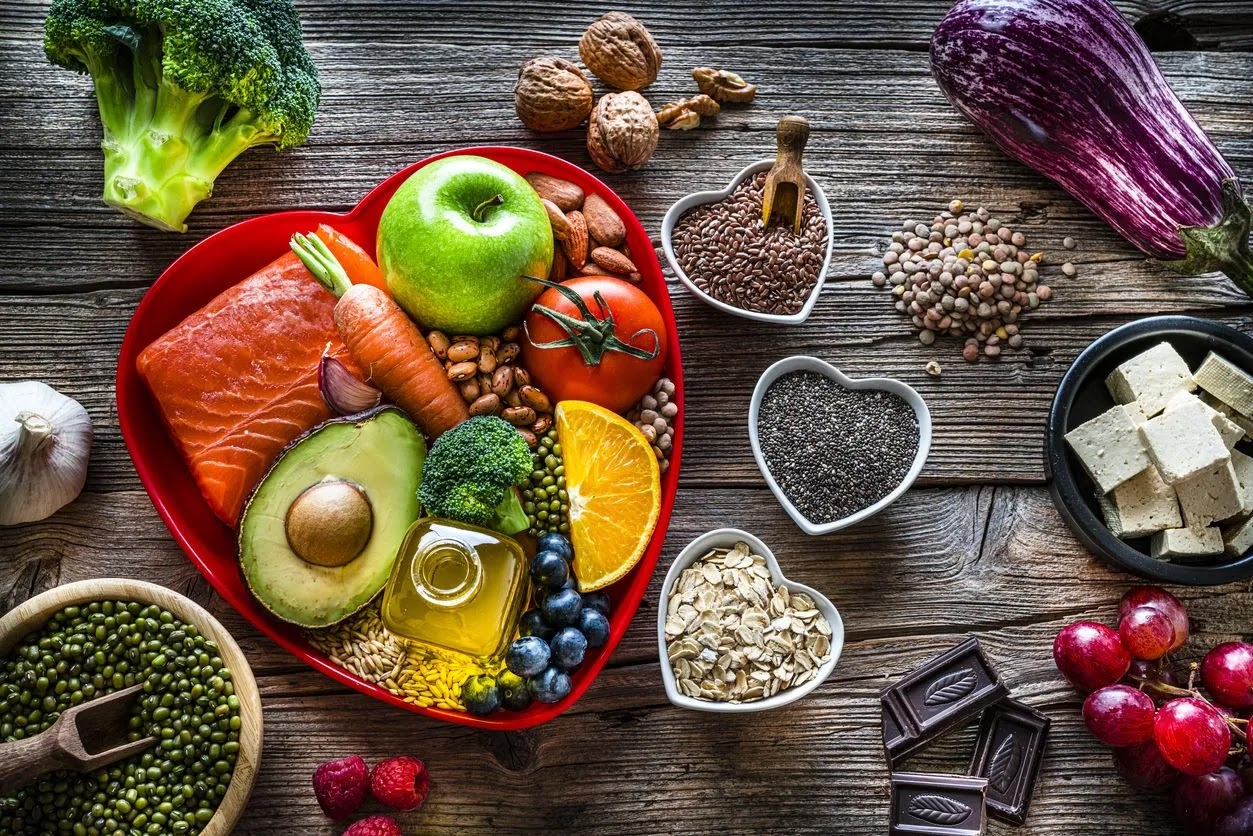Cholesterol is a fatty substance that is produced by the liver and found in certain foods. While it is important for the body to have some cholesterol, too much can be harmful and increase the risk of heart disease and stroke. Thankfully, there are many foods that can help lower cholesterol levels naturally. In this article, we will explore 7 of these foods and how they can be incorporated into your diet to improve your overall health.
Oats
Oats are a great source of soluble fiber, which has been shown to help lower cholesterol levels. This type of fiber binds to cholesterol in the digestive tract and prevents it from being absorbed into the bloodstream. Studies have found that consuming 3 grams of soluble fiber per day can lower LDL (bad) cholesterol levels by 5-10%.
To incorporate oats into your diet, try starting your day with a bowl of oatmeal or adding oats to smoothies, pancakes, or baked goods.
Nuts
Nuts are a great source of healthy fats, protein, and fiber, all of which can help lower cholesterol levels. In particular, almonds and walnuts have been found to be especially effective in reducing LDL cholesterol. Studies have shown that consuming a handful of nuts per day can reduce LDL cholesterol levels by 5-10%.
To incorporate nuts into your diet, try snacking on a handful of almonds or walnuts between meals, adding them to salads or yogurt, or using nut butters as a spread on toast or in smoothies.
Fatty Fish
Fatty fish such as salmon, mackerel, and sardines are high in omega-3 fatty acids, which have been shown to help lower triglycerides and reduce the risk of heart disease. Studies have also found that consuming fatty fish can help lower LDL cholesterol levels.
To incorporate fatty fish into your diet, try having it for dinner 2-3 times per week, either grilled, baked, or pan-seared.
Olive Oil
Olive oil is a great source of monounsaturated fats, which have been shown to help lower LDL cholesterol levels. Studies have found that consuming 2 tablespoons of olive oil per day can lower LDL cholesterol levels by up to 15%.
To incorporate olive oil into your diet, use it as a dressing for salads, as a cooking oil for sautéing vegetables or meat, or as a dip for bread.
Fruits and Vegetables
Fruits and vegetables are rich in fiber, vitamins, and minerals, all of which can help lower cholesterol levels. In particular, fruits and vegetables that are high in pectin, such as apples, grapes, and citrus fruits, have been found to be especially effective in lowering cholesterol.
To incorporate fruits and vegetables into your diet, aim to have at least 5 servings per day, and try incorporating them into meals as snacks, sides, or main dishes.
Beans and Legumes
Beans and legumes are a great source of soluble fiber, protein, and minerals, all of which can help lower cholesterol levels. Studies have found that consuming half a cup of beans or legumes per day can lower LDL cholesterol levels by 5-10%.
To incorporate beans and legumes into your diet, try adding them to salads, soups, or chili, or using them as a substitute for meat in tacos or burritos.
Dark Chocolate
Dark chocolate is a great source of flavonoids, which have been shown to help lower blood pressure and reduce the risk of heart disease. Studies have also found that consuming dark chocolate can help raise HDL (good) cholesterol levels.
In conclusion, making simple changes to your diet by incorporating cholesterol-lowering foods can have a significant impact on your health. By regularly consuming foods like oatmeal, nuts, and fruits, you can naturally lower your cholesterol levels and reduce your risk of heart disease and stroke. Remember, it's important to consult with a healthcare professional before making any major dietary changes, but adding these foods to your diet can be a great first step towards improving your heart health.

